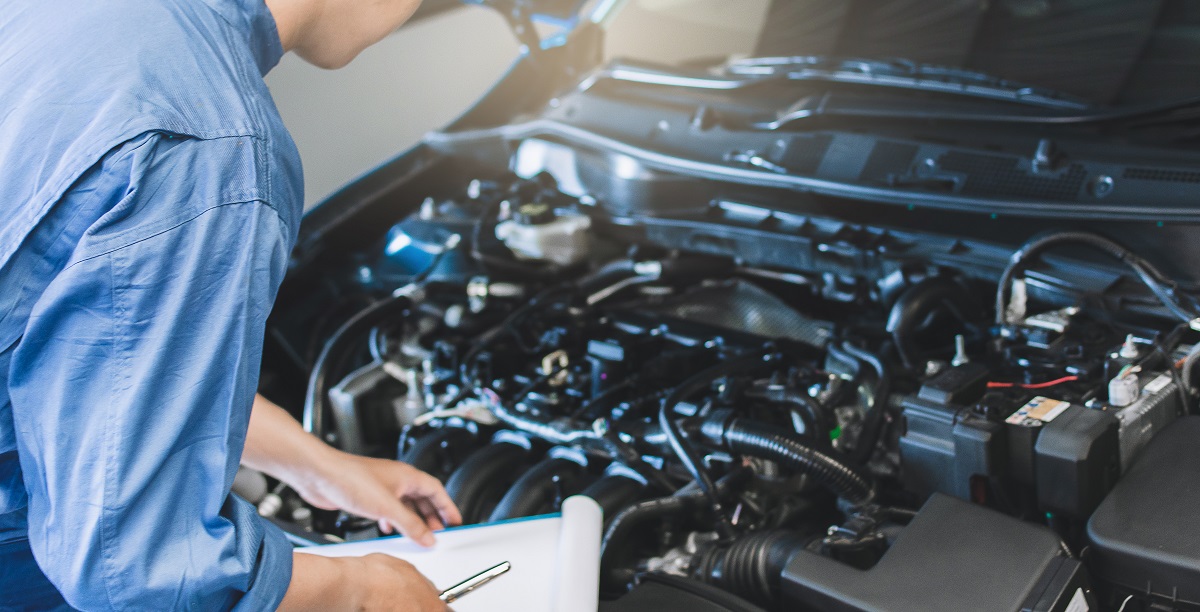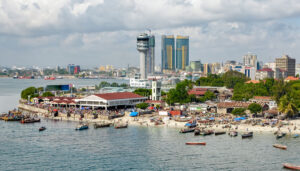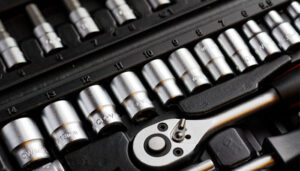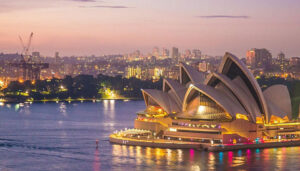“I want to import used cars from Japan cheaply!”
But what regulations are there in each country? What kind of examination does it need to take in advance?
We will introduce the article that is perfect for those who want to know such information!
If you are thinking of importing a used car from Japan and you still have questions after reading the article, please feel free to contact the sales staff at Carused.jp!
Depending on the importing country, there are countries that require inspection such as JAAI, JEVIC, EAA, BUREAU, and VERITAS before being imported from Japan.
Vehicles cannot be imported without inspection certificates in the countries requiring the above inspections, and our company has undergone the inspections required by the importing countries in advance.
Please refer to the table below to confirm the inspection required by the importing country and prepare for the import clearance by preparing the certificate of “pre-export inspection” sent from the exporter.
However, some customers are exceptionally importing without undergoing a pre-import inspection.
The type of inspection and whether the inspection is mandatory or not are subject to change at any time. Please refer to this and consult with our professional sales staff at carused.jp!
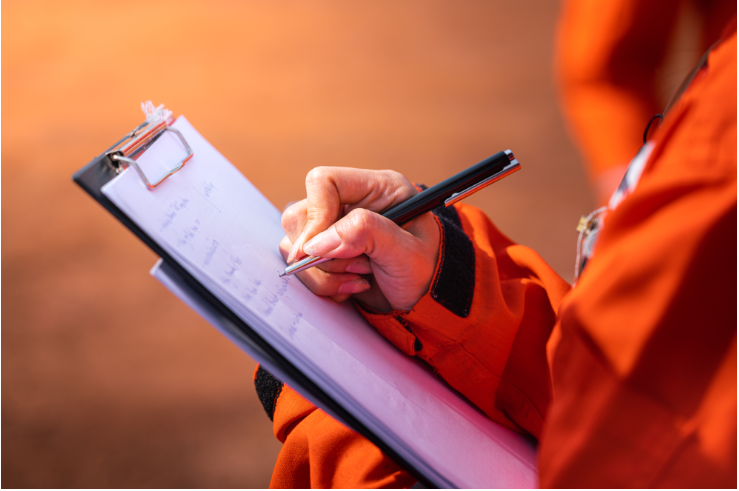
| Type of inspection test | Importing country |
| Radiation dosimetry | All exporting countries from Japan (for all vehicles) |
| EAA | Tanzania, Uganda |
| INTERTEK | Mozambique |
| JEVIC | Kenya, Uganda, Zambia |
| QISJ | Kenya, Tanzania |
| BEREAU VERITAS | Sri Lanka, Mauritius |
| JAAI | Sri Lanka, Mauritius, Tanzania, Bangladesh |
| MAF | New Zealand |
| VCA | Malta |
EAA
This is a necessary inspection when importing used cars in Tanzania and Uganda.
Before being exported from Japan, it will be ready for import if it passes the EAA inspection.
It is assumed that used vehicles imported in Africa are expected to be used on unpaved roads with stones and rocks, unlike Japan. We need to have an inspection to make sure it’s a viable vehicle.
If a failed vehicle or an uninspected vehicle is accidentally exported from Japan, it will not be able to be imported locally, so you must always import the vehicle that has passed the inspection.
Tanzania requires JAAI and in Uganda, it is JEVIC, but EAA is approved by the governments of both countries, and import conditions can be satisfied instead of JAAI, JEVIC.
INTERTEK
This is a mandatory inspection before importing a used car in Mozambique.
All used cars imported to Mozambique undergo INTERTEK inspection before shipping.
If a car arrives without an inspection, it needs to be inspected in Mozambique, and in addition to the inspection cost, you will be charged a penalty charge, so it is necessary to confirm that the car is inspected before importing.
JEVIC
When importing used cars in Uganda and Zambia, they must pass the inspections stipulated by the government agencies of each country.
In addition to the inspection content, there are requirements for the vehicle.
Uganda
Target vehicles: motorcycles, light vehicles, regular passenger vehicles, freight vehicles, multipurpose vehicles including trucks, buses
・ Vehicle parts and configurations function as they were when manufactured
・ The vehicle is in a clean condition and washed so that the vehicle number and engine number can be clearly seen
・ Remove the refrigerant gas (limited to R-12)
・ No restrictions by a model year
・ Both right and left-hand drive vehicles are allowed
Zambia
・ Multi-purpose vehicles including light vehicles, regular passenger vehicles, freight vehicles, and multipurpose vehicles including trucks, buses
・ Vehicle parts and configurations function as they were when manufactured
・ The vehicle is in a clean condition and washed so that the vehicle number and engine number can be clearly seen
・ Remove the refrigerant gas (limited to R-12)
・ No restrictions by a model year
・ Both right and left-hand drive vehicles are allowed
QISJ
This is a required road qualification test when importing used cars in Kenya and Tanzania.
QISJ is an abbreviation for (Quality Inspection Service Japan), which is a government-certified inspection agency for both Kenya and Tanzania.
BEREAU VERITAS
This is a necessary inspection for used vehicles imported in Mauritius and Sri Lanka as an alternative to JAAI.
The payment terms for vehicles for Sri Lanka are determined by LC, but at that time, LC may specify an agency to perform pre-export inspection. Vehicles for Sri Lanka will take an inspection according to the instructions of LC.
JAAI
Used vehicles imported in Mauritius, Tanzania, and Bangladesh must meet the following inspection requirements.
About traveling performance
・ Functional relations ensure that driving safety is based on safety standards
・ Tires that meet safety standards must be installed
About rust, corrosion, scratches, and dirt
・ The exterior must be free from irregularities that require 1/4 or more of one section (panel unit).
Corrosion needs to be repaired. (Repair of aluminum tape etc. is not allowed).
It must be painted if there is rust or groundwork.
・The room has been cleaned and is not significantly dirty. Up to 10CM for passenger cars and 30CM for commercial vehicles and freight cars for stains and peeling of seats, linings, ceilings, etc. (Repair with adhesive tape is not allowed)
-The windshield should be free from cracks of 1 CM or more. Wiper scratches should not interfere with the driver’s view.
-The engine and lower parts must be washed. Chassis black is applied to the rusted part.
Used vehicles imported in Sri Lanka must meet the above and below inspections
・ Body: For vehicle dimples, dents, and paint repairs, scratched brush touch-ups, color mismatches, and rough finishes are not allowed. (The dent should be no more than 1/4 of on the exterior)
・ Engine: The engine is clean, the battery, air element, and oil filter are new and the oil has been replaced
・ Electricity, electronic equipment, electronic sensors, computers, and EFI systems must operate properly
・ Interior: Clean
・ Bottom of wheel: Be washed clean
・ Tire: 75% or more of the remaining groove
・ All spare tires, floor mats, jacks, and tools must be equipped
・ The lamp and glass must not be cracked or damaged
- All standard equipment on the vehicle is functional
MAF
This is a mandatory inspection when importing used cars in New Zealand.
This inspects that there is no adhesion of the soil, animals and plants, insects, and eggs of the Lymantriidae in the exterior and interior.
Depending on the intention of the importer, MAF can be undertaken in Japan before shipping or locally after arrival in New Zealand, but it is more common that MAF is conducted in Japan before arrival to make import customs clearance smoother.
VCA
This is a mandatory inspection when importing used cars in Malta.
VCA is an abbreviation for “Vehicle Certification Agency” of the British Department for Transport and conducted at the Japan office before shipping.
This inspects used vehicles for performance to meet the requirements of the Malta Transport Authority.
There is a model report that checks conformity for each model code, and if the use of the vehicle conforms to it, a certificate will be issued to confirm conformity to the model report.
